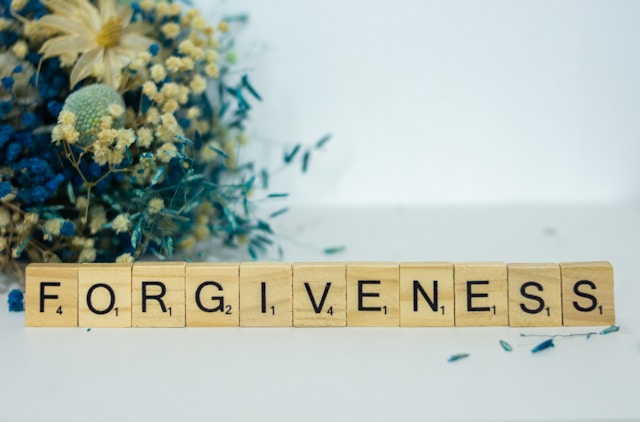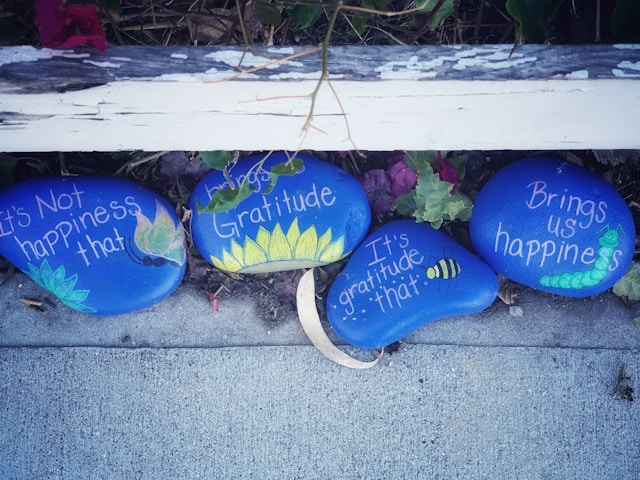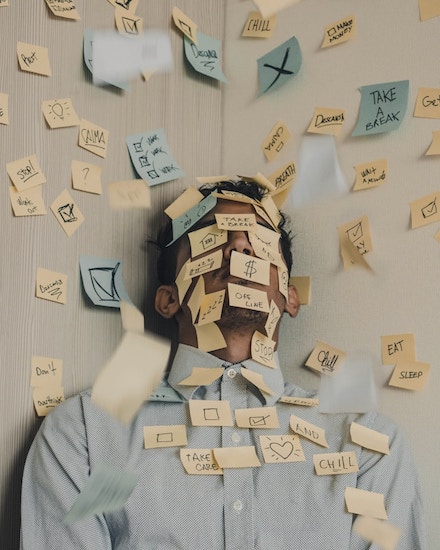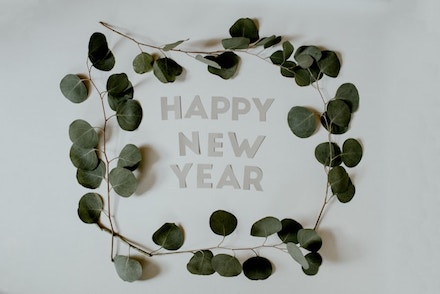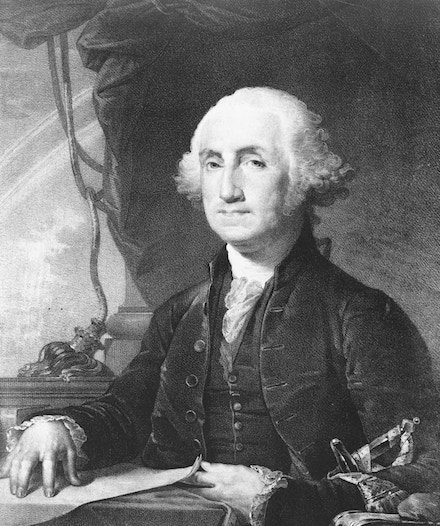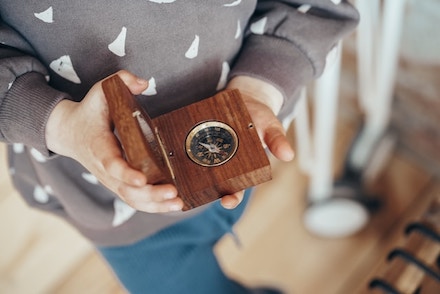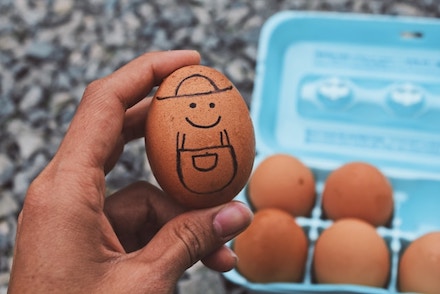“The best thing one can do when it is raining is to let it rain.”
—Henry Wadsworth Longfellow, 19th Century American Poet and Professor
Today’s nugget of wisdom embodies a philosophy of acceptance and resilience, embracing life’s inevitable challenges without resistance.
Instead of fighting life’s storms, Longfellow chooses to flow with them, illustrating a mindset that likely contributed to his long life.
His approach encourages us to accept difficulties calmly and adaptively, reducing stress and fostering greater peace of mind.
In a world often obsessed with control, Longfellow’s wisdom reminds us that sometimes, surrendering to circumstances can be the healthiest path.
Letting the rain fall — literally and metaphorically — might be a key to enduring vitality and happiness.
EXERCISE:
How often do you find yourself fighting with the rainy days of your life?
Take a few minutes to watch this uplifting clip from the movie “Singing in the Rain” with Gene Kelly to shift your perspective on at least some of the downpours in your days.



